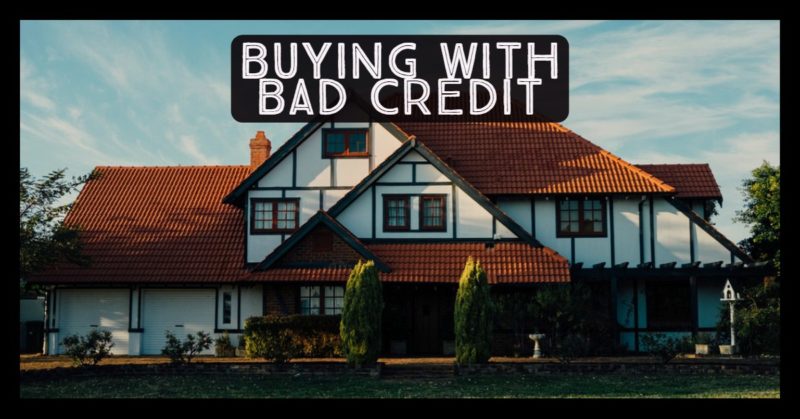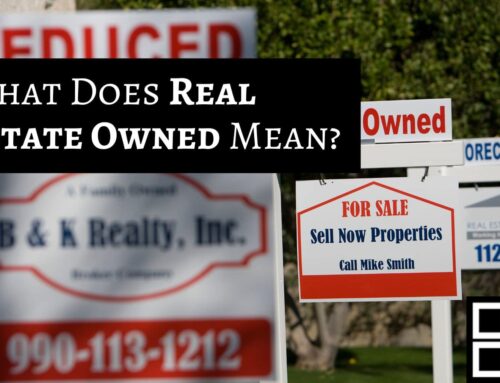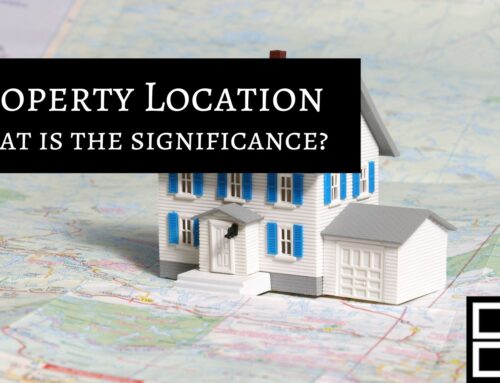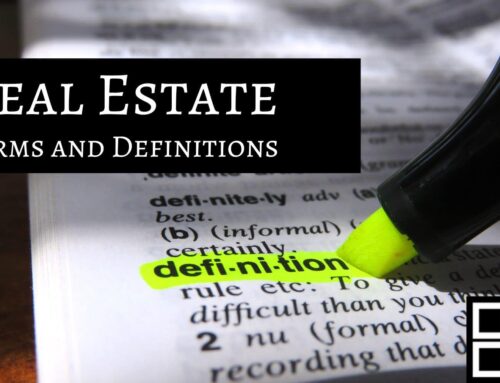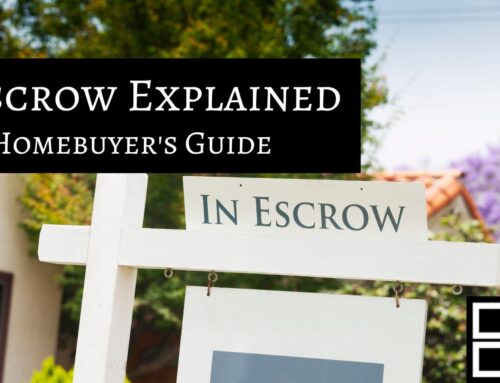How To Buy A Home With Bad Credit
One of the biggest decisions, purchases and/or investments that you will ever make is when you purchase a home. Buying a home can be a great long-term investment option. For many home buyers, they feel that the first step is searching for properties. Truth is, the first step should be solidifying your financing.
When you are looking to purchase a new home for sale, taking out a mortgage will likely be a necessity. When you are applying for a new loan to buy your home, your lender will take a lot of factors into consideration when deciding whether or not to approve your application.
One very important factor that they take into consideration is your credit score. Your overall credit score is a general overview of your personal creditworthiness. It is an indication as to whether you are likely or not to repay the loan as a group.
Today, Banks take credit scores very seriously and often do not provide mortgages to those who have bad credit. While getting a mortgage or home purchase loan is challenging if you do not have great credit, there are still several things you can do to improve your chances of being able to get a loan even if your credit score is poor.
Get a Co-Signer
When you are looking to buy a home with a poor credit score, one way to qualify for a home loan is by getting a cosigner. A co-signer is an individual who will sign the mortgage along with you. This individual is essentially taking on the national responsibility for the mortgage in the event you no longer make payments on time. Because of this, a mortgage lender may be willing to underwrite the credit score of your co-signer. If you can get a co-signer to sign along with you, you may be able to qualify for a good mortgage.
More Money Down
When you are looking for home loans to buy your next luxury home, you will find that there are many different factors that a mortgage lender will take into consideration. While the credit score will always be very important, so are your down payment and income ratios. If you are willing to put forth a larger down payment than what a standard, a mortgage lender will have less risk in the transaction.
While most people will put down a down payment of 10 to 20%, those with poor credit may want to consider putting forth even more. If you can put forth a 30 to 40% down payment, you may be able to convince the lender that there is less risk and that their strong collateral position should justify your low interest rate.
Private Lenders
Another option when you are looking to get a loan to purchase your next property would be to get a mortgage from a private lender. While most people try to get their loan through a mortgage broker or a traditional bank, there are other options as well.
Today, there are many people out there who are willing to invest in the real estate industry by providing private mortgages. Your real estate agent may be able to connect you to a variety of people who are willing to provide mortgages even if the borrower has less-than-perfect credit.
While you may have to pay a higher rate under a private mortgage, you could eventually refinance it into a traditional loan once you have had time to improve your credit score.
Income
Overall, the biggest concern that a mortgage lender has when it comes to providing a mortgage to someone with a lower score is that the person will not be able to pay the loan and will fall behind on payments. However, this risk becomes less and less prevalent the more income the borrower has.
If you have a stable job and a strong source of income, you may be able to qualify for a mortgage with a low credit score. In most situations, a lender will want your housing debt-to-income ratio to be below 33%. However, if you have a poor credit score, you may still be able to qualify for a mortgage if you can get your debt-to-income ratio under 25%. Doing this will require you to purchase a more affordable home, one option is looking at buying a smaller home, which may already be a good financial option for you.
FHA Mortgage
Finally, when you are looking for a mortgage, you should also consider taking out one from the FHA. Your local real estate agent should be able to provide you with details on all of the different mortgage options that you have.
One great option for people who do not have a good credit score is to get a loan through FHA. This is a government entity that specializes in helping individuals get into a new home. The FHA backed mortgages will provide you with a higher interest rate and may require you to pay PMI, but you could qualify for the loan if you have a low down payment or sub-prime credit score.
Look for Ways to Improve Score
While there are ways to get a mortgage if you have a poor credit score, you should look for ways to improve your credit score before even applying for a loan. At least 90 days prior to applying for a mortgage, you should pull your credit score and report to see what the results are. If your credit score is below what you were expecting, you should carefully review the report to determine whether there is any inaccurate or fraudulent information.
If there is, this could be an indication of identity theft and could be negatively impacting your score. By contacting these creditors and the credit bureaus about the fraudulent data, you could have the negative information removed and see your score improve drastically.
Another great way to improve your credit score quickly is to pay down credit card debt. Credit card utilization is one of the biggest factors that influences your overall credit score. If your credit card balances are more than 25% of your credit limit, your score will start to decline. By simply paying down the balances, or even having the limits increased, you could see an immediate improvement to your score.



